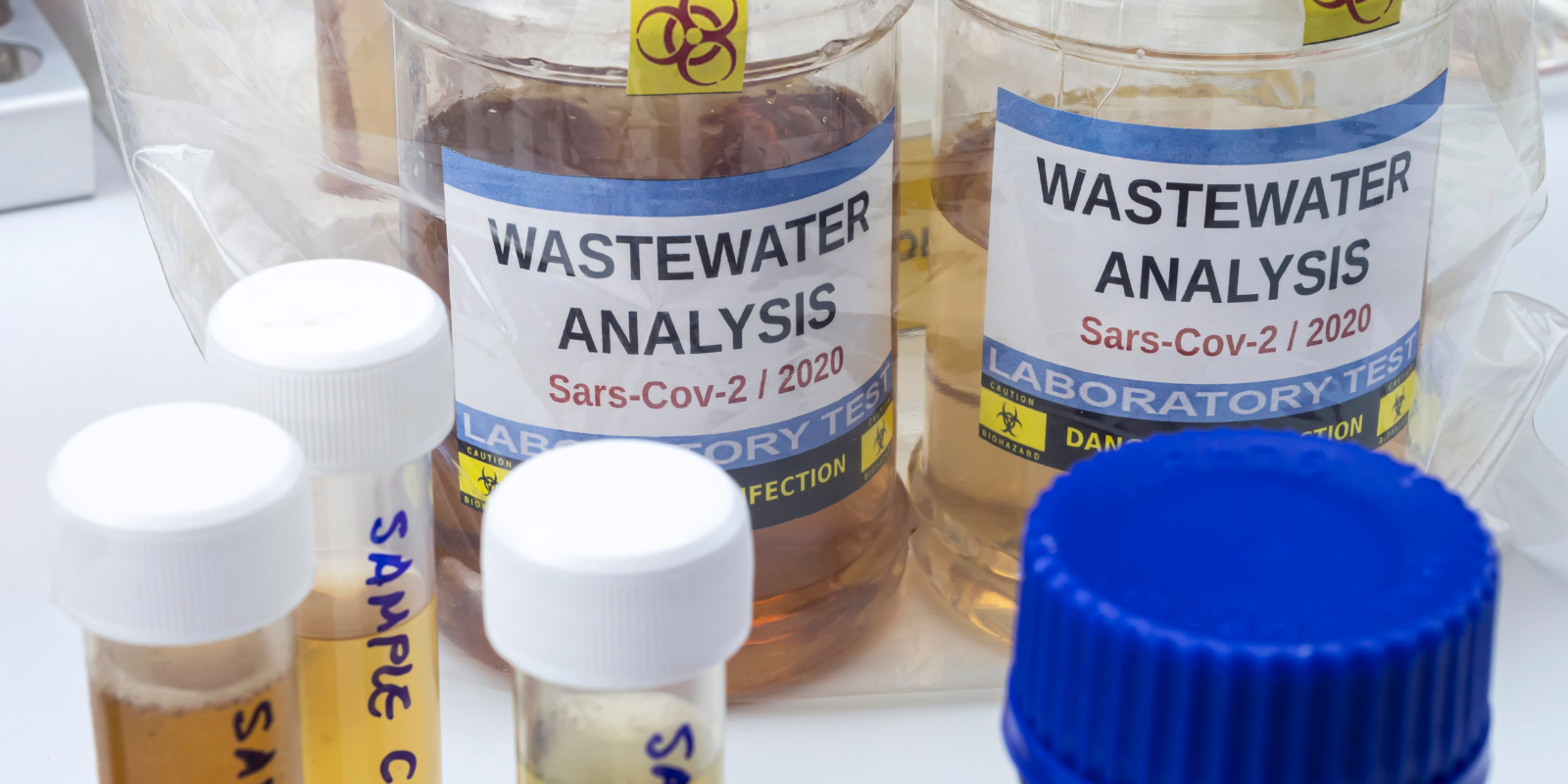Wastewater Tests Can Be a Valuable Tool in Tracking Local Drug Use, Says CU Toxicologist
Drug Enforcement TechPosted by AI on 2025-08-25 09:50:30 | Last Updated by AI on 2025-08-26 21:05:59
Share: Facebook | Twitter | Whatsapp | Linkedin Visits: 0

According to a University of Colorado toxicologist, wastewater sampling can be an effective way to monitor drug use in specific communities. Jeffrey Brent, MD, PhD, a distinguished clinical professor in the CU Division of Pulmonary Sciences and Critical Care Medicine, says that testing wastewater has many characteristics of an ideal drug surveillance system and can be a sensitive and anonymous way of examining broadly what drugs are present in a given area.
The sampling surveys everyone in a given geographic area rather than just a representative sample, lowering the risk of bias and protecting individual privacy.
However, Brent cautions that studies employing wastewater data should take into account whether a sizeable transient population could account for higher drug abuse rates and that identifying specific communities with high rates of drug abuse could lead to stigma and negatively affect factors like local real estate prices. Given these factors, funding sources for routing wastewater sampling for drug use are currently scarce.
Despite these challenges, Brent suggests that wastewater testing is likely to become more common in the future as a tool for tracking drug use.
Search
Categories
- Sports
- Business
- History
- Politics
- International
- Science & Technology
- Social Issues
- Disaster Management
- Current Affairs
- Education
- Startup Business
- Startup News
- Awards
- Community Services
- Fundraising Events
- Volunteer Services
- Health Initiatives
- Innovations and Initiatives
- In News
- Banners
- Awards
- Partners
- Products
- Press Releases
- News
- Fast Check
- South
- సినిమా
- Gallery
- Sunday Chronicle
- Hyderabad Chronicle
- లైఫ్ స్టైల్
- National
- క్రైం
- ట్రెండింగ్
- జాబ్స్
- అంతర్జాతీయo
- బిజినెస్
- రాజకీయం
- బిజినెస్
- సంపాదకీయం
- నవ్య
- చిత్ర జ్యోతి
- క్రీడలు
- జాతీయం
- తెలంగాణ
- తాజా వార్తలు
- మన పార్టీ
- మన నాయకత్వం
- మన విజయాలు
- డౌన్లోడ్స్
- మీడియా వనరులు
- కార్యకర్తలు
- North East Skill Center News
- Government Schemes
- Entrepreneurship Support
- Employment Opportunities
- Skill Training Programs
- Departments
- Investments
- Initiatives
- Resources
- Telangana IT Parks
- Events & Jobs
- Press Releases
- News
- Airport News
- Newtons Laws of Motion
- Karbonn in Business
- Investments in Karbonn
- Company quarterly sales
- Markets
- Auto News
- Industry
- Money
- Advertisements
- Stock target
- Company Updates
- Stock Market
- Company Sales
- Staffing and HR
- Constituency Assembly
- General News
- Srikalahasti Temple
- Bojjala Sudhir Reddy
- Technology & Innovation
- Sports
- Business
- Products
- Industries
- Services & Trainings
- Tools & Resources
- Technology Integration
- Drug Seizures & Arrests
- Telangana Narcotics
- Law & Enforcement
- Rehabilitation
- Nationwide Drug Policing
- Nigeria Seizures
- Global Operations
- Drug Awareness
- Drug Enforcement Tech
- NCB Drug Seizures
- Judicial Crackdown
- India's Surveillance Tools
- Cross-Border Links
- Women Safety
- Cyber Crimes
- Drug Abuse
- Traffic & Road Safety
- Community Connect
- Public Safety Alerts
- Citizen Assistance
- Nellore City News
- Politics & Administration
- Events & Festivals
- Agriculture & Rural
- Business & Economy
- Health & Wellness
Recent News
- Smart Cities, Smarter People?
- Smart Cities, Safer Markets: Civic Chief's Swift Action
- Rare Daily Homam Makes Ayyappa Temple in Nellore Special to Lord Ganesha
- Sure! Here is a revised version of the article in a captivating, magazine-style format:
- TD Party Chaos in Nellore District
- Rising Drug Abuse: Four Held with 6 kg Ganja in Nellore District
- Here is a draft of a news article based on the information provided in the brief, with the title "Local Market Trend For Toyota Innova Crysta Diesel Cars":
- Nigerian Nationals Arrested for Drug Racket